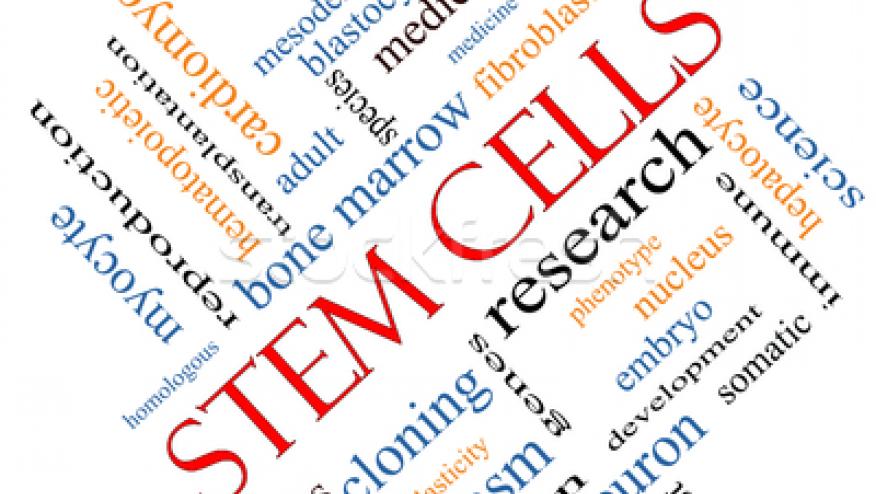The Unproven Use of Stem Cell Therapy in OA of the Knee Save

Regenerative medicine and the use of bone marrow stromal cells (or mesenchymal stem cells - MSC) is controversial in many areas of medicine, including osteoarthritis. MSC use is at a very early stage in orthopedic research, but has been investigated in osteoarthritis of the knee as a potential means of repairing cartilage. These infused cells are thought to initiate repair by differentiating into chondrocytes or by inducing proliferation and differentiation of the remaining healthy chondroprogenitors into mature chondrocytes. Of course, these are speculative mechanistic explanations as there are few studies that address the mechanism of action and fewer proving the clinical benefits of MSC infusions in OA of the knee.
A recent study retrospectively examined 49 patients (55 knees) who received MSC implantation for knee OA. Patients were included if they had an isolated full-thickness cartilage lesion and Kellgren-Lawrence OA grade 1 or 2 X-ray changes. Significant improvement in cartilage scores were seen. Twenty-four patients reported their overall satisfaction as excellent (43.6%), 17 as good (30.9%), 11 as fair (20.0%), and 3 as poor (5.5%). Optimal responses were influenced by age and lesion size, such that patients older than 60 years and those with a lesion larger than 6.0 cm2 are less likely to benefit from such therapy (citation source http://url.ie/z1zl).
Currently there is more talk then hard data on this form of therapy. Nationwide, numerous orthopedists have marketed "stem cell therapy" to their patients with osteoarthritis of the knee, but usually as a cash pay intervention. Such therapy is exempt from FDA review or approval (as required for a drug or device) as this procedure involves the use of autologous blood products that are "minimally manipulated". The patients bone marrow cells removed (usually from the hip) at the start of the procedure, are processed (not treated) and then reinfused into the joint. MSC infusions are not expected to have any systemic effects or safety risks above or beyond the procedural risks.
What is unclear are the who, how and when answers to future stem cell therapy use and what characteristics will define the ideal candidate. Clearly, more research is needed before this becomes a mainstream alternative.










If you are a health practitioner, you may Login/Register to comment.
Due to the nature of these comment forums, only health practitioners are allowed to comment at this time.